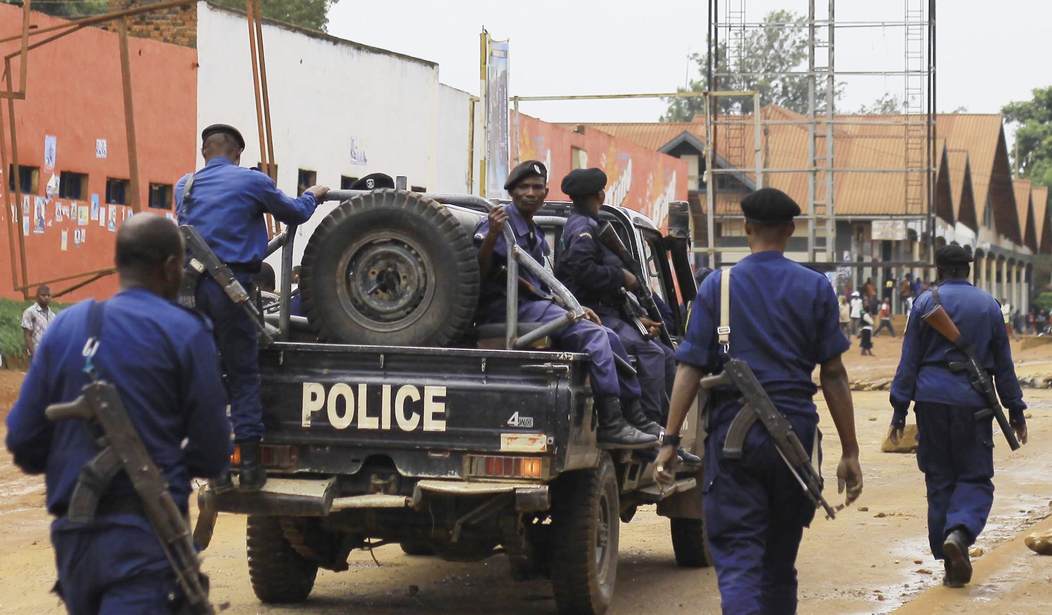The World Health Organization warned in its most recent Ebola update this month that containment of the second-largest outbreak of the virus in history could suffer disastrous setbacks if the security situation in the Democratic Republic of the Congo continues to deteriorate.
The Centers for Disease Control and Prevention updated its travel advisory for the region on Wednesday, covering the North Kivu and Ituri provinces that are under a travel warning from the State Department because of militant activity and dangers to civilians.
“The armed conflict and violence in the outbreak area is hampering response activities including early identification of cases, and monitoring of ‘contacts’ (people who may have been exposed to Ebola),” the CDC said. “The North Kivu and Ituri provinces are among the most populated in DRC. These provinces share borders with other countries (Rwanda and Uganda) with frequent cross-border movement for trade activities. The provinces have been experiencing a prolonged humanitarian crisis and deteriorating security situation, which is limiting public health efforts to respond to this outbreak.”
The outbreak began on Aug. 1, days after the conclusion of another Ebola outbreak on the other side of the country in Équateur province.
As of Jan. 2, the WHO says, there have been a total of 609 Ebola cases including 370 deaths and 208 recoveries. Cases have been reported the most in females ages 15 to 49. Sixteen percent of cases were in children under 5 years old, and 7 percent in babies less than a year old. Twenty-nine cases occurred in pregnant women.
“Thorough contact tracing during initial case investigations remains difficult in light of continued community resistance and the deteriorating security situation in the field … this resulted in a number of new confirmed cases not being identified as potential contacts,” the WHO said. Two-thirds of known cases had documented contact with someone who had Ebola, and 37 percent had attended the funeral of someone who had died of Ebola. Thirty-four percent were exposed to the virus in both ways.
Health officials have investigated the potential spread of the virus to other parts of the country or Uganda, but have not confirmed the outbreak’s spread.
Not only can regional travel spread the virus, but internal displacement that happens during armed conflict.
The country is concurrently battling epidemics of cholera, vaccine-derived poliomyelitis, and malaria.
“Hard-earned progress could still be lost to rebound levels of transmission resulting from prolonged periods of insecurity hampering containment efforts,” the WHO said of the Ebola fight. “…WHO’s risk assessment for the outbreak is currently very high at the national and regional levels; the global risk level remains low.”
While the WHO advises against any travel or trade with the DRC, the agency is not recommending restrictions.









Join the conversation as a VIP Member